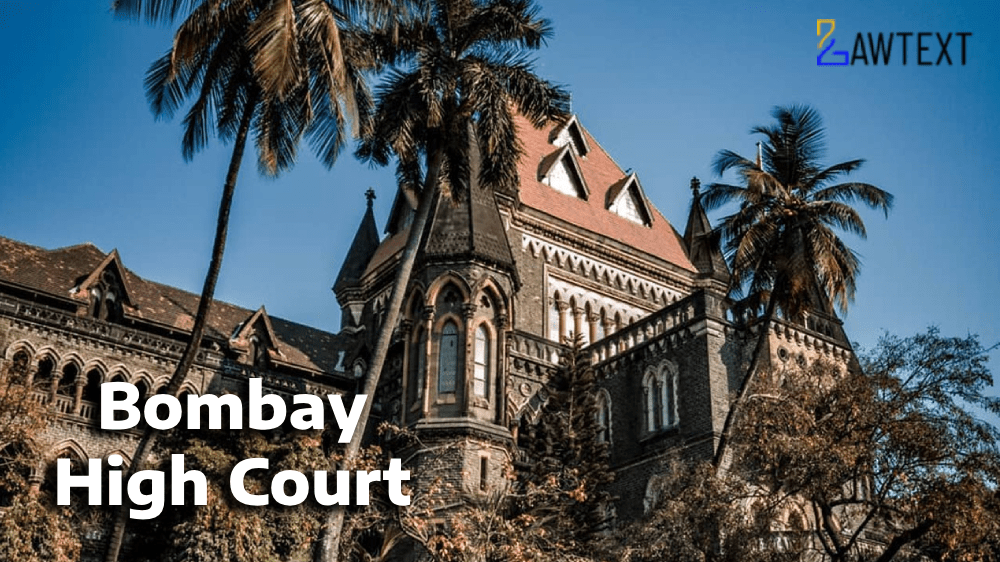

This case examines the cessation of interest on a decretal amount deposited by the judgment debtor in an appellate court, rather than the executing court. The petitioner contended that interest should continue accruing until the actual payment is made, even if the amount is deposited in an appellate court. The Bombay High Court, guided by precedents, held that mere deposit in a court other than the executing court, without fulfilling procedural conditions like notice to the decree holder, does not stop the accrual of interest.
The court quashed the lower court's order, stating that the liability for interest persists until compliance with Order XXI, Rule 1 CPC requirements, which mandate unconditional payment in the executing court or direct facilitation of withdrawal by the decree holder.
The primary question was whether interest stops accruing when the decretal amount is deposited in an appellate court instead of the executing court.
The petitioner argued that interest accrues until actual payment is made and cited precedents, including Delhi Development Authority v. Bhai Sardar Singh & Sons.
The respondents claimed that the deposit in the appellate court satisfied the decree and negated further accrual of interest.
The court relied on precedents to assert that:
The court quashed the district court's rejection of the petitioner's application for additional interest, restoring the application for recalculation based on Order XXI, Rule 1 of CPC.
Interest on a decretal amount does not cease unless the judgment debtor fulfills the dual requirements of depositing the amount in the executing court and giving notice to the decree holder under Order XXI, Rule 1 CPC. Mere deposit in a non-executing court or conditional payment does not suffice.
Order XXI, Rule 1 of CPC (Civil Procedure Code, 1908)
Arbitration and Conciliation Act, 1996
#InterestAccrual #CPCOrderXXI #JudgmentDebtor #ExecutingCourt #ArbitrationLaw
Citation: 2024 LawText (BOM) (11) 118
Case Number: WRIT PETITION NO.6626/2023
Date of Decision: 2024-11-11
Case Title: P. J. Rathod Versus The Union of India, through Divisional Railway Manager (Engineering), South Eastern Railway, Designated as South East Central Railway, Nagpur. & Anr.
Before Judge: ANIL L. PANSARE, J.
Advocate(s): Mr. C. B. Dharmadhikari, Advocate for petitioner. Ms M. R. Chandurkar, Advocate for respondents.
Appellant: P. J. Rathod
Respondent: The Union of India, through Divisional Railway Manager (Engineering), South Eastern Railway, Designated as South East Central Railway, Nagpur. & Anr.